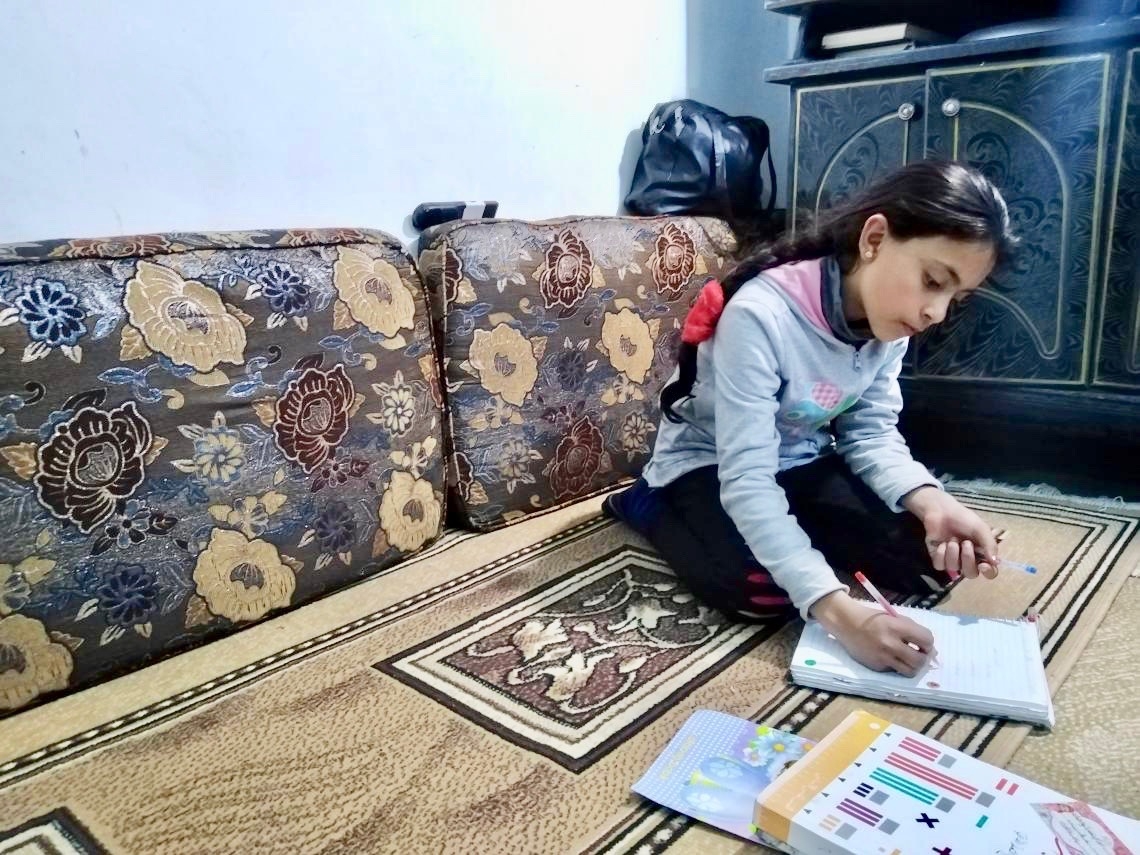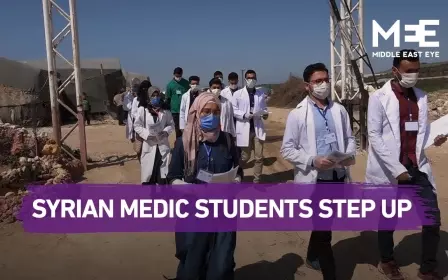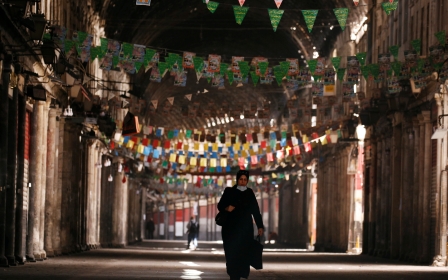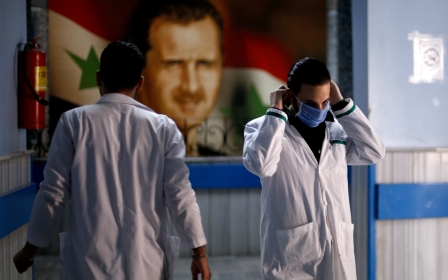Coronavirus: Syria government ends school year for more than four million students

More than four million students in Syria who are confined at home amid the coronavirus pandemic will not resume classes this year, but will advance to the next grade, the government said on Sunday.
The decision was taken weeks after schools were closed in mid-March to combat the spread of the virus, leaving many students and teachers to adapt to distance learning, AFP said.
"All primary and secondary school students will move on to the next class," the government announcement said, according to state news agency SANA.
Brevet and baccalaureate examinations - usually taken at the end of secondary school and high school respectively - will still be taken by 557,000 students, according to the education ministry.
The government will increase the number of exam centres to ensure "distance" between students, SANA reported.
New MEE newsletter: Jerusalem Dispatch
Sign up to get the latest insights and analysis on Israel-Palestine, alongside Turkey Unpacked and other MEE newsletters
After schools were shuttered, some institutions moved to online teaching, while a specialised education ministry TV channel broadcast core courses.
Still, daily power cuts that can last for hours and capped, costly household internet access have posed challenges to distance learning efforts in the country wracked by war since 2011.
There is also a Unicef-supported self-learning programme designed to help children who dropped out of school or are at risk of dropping out. Today, the curriculum is helping children and parents continue learning even when schools are suspended. The program contains subjects including the Arabic and English languages, math and science.
Universities will remain closed at least through the end of the holy month of Ramadan in late May, according to SANA.
Syria confirmed its first case of the coronavirus on 23 March. It came after weeks of Damascus rejecting opposition allegations that the disease had already reached a country with a damaged health system and thousands of Iranian-backed militia members and Shia pilgrims.
Damascus has officially reported 42 cases of Covid-19 and three deaths from the disease in government-controlled territory.
Authorities have adopted a series of measures to stem the spread of the virus, closing shops and restaurants as well as imposing a strict curfew and movement restrictions.
Middle East Eye delivers independent and unrivalled coverage and analysis of the Middle East, North Africa and beyond. To learn more about republishing this content and the associated fees, please fill out this form. More about MEE can be found here.




